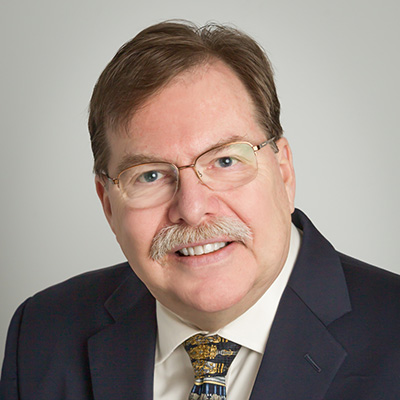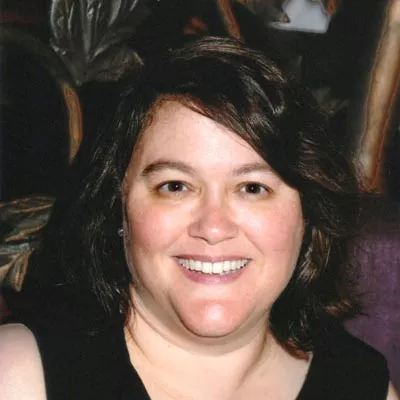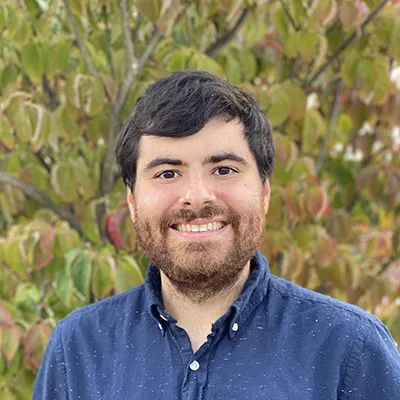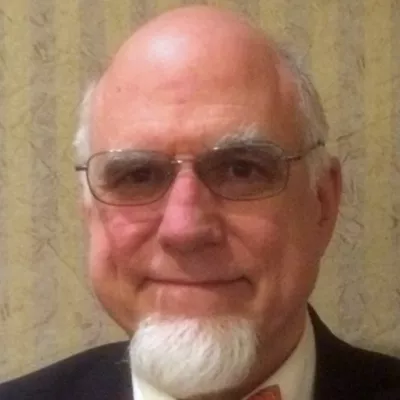Registration opens for 2026 webinar series on December 29.
Registration opens for 2026 webinar series on December 29.

Registration opens for 2026 webinar series on December 29.
Registration opens for 2026 webinar series on December 29.










You should receive a confirmation email with a link to the webinar soon.
You’ll also receive a reminder both the day before and one hour before the webinar begins.
Didn’t receive a confirmation email?
You successfully registered for %s.
You should receive a confirmation email with a link to the webinar soon.
You’ll also receive a reminder both the day before and one hour before the webinar begins.
Didn’t receive a confirmation email?
To ensure a smooth, high-quality webinar experience, check the quality of your internet connection.
On the day of the webinar, connect 30–40 minutes before and turn off any background software. If you can’t tune in live, you can view the recording later in the Webinar Library. If joining via a mobile device, be sure to first install the free GoTo app.
Questions? Contact us or read our FAQ.
It looks like you’re already registered for this webinar
You can register for another webinar.
Didn’t receive a confirmation email?
It looks like you’re already registered for these webinars
You can register for another webinar.
Didn’t receive a confirmation email?
Something happened on our end, sorry about that
We were unable to complete your registration.
Please try again later.
